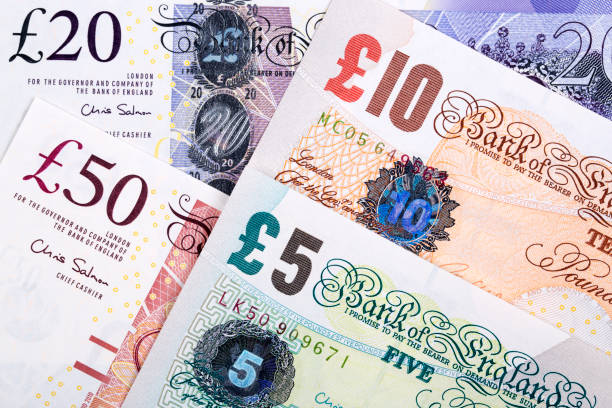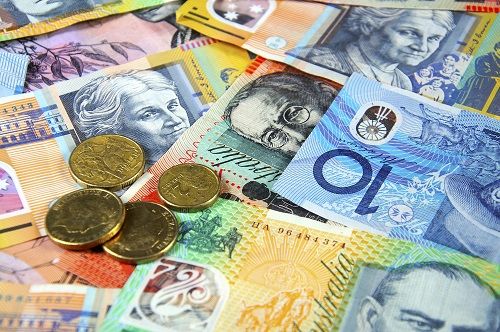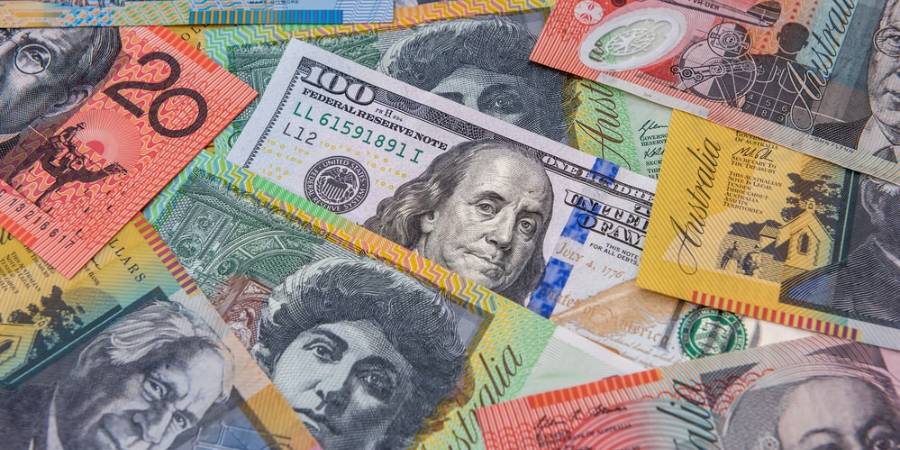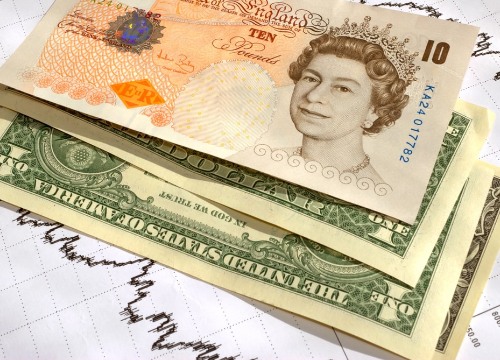La Guerra Fría de la Reserva Nacional Bitcoin : Japón, Rusia, EE.UU., Hong Kong, Alemania y El Salvador expresan sus posturas

La carrera por establecer reservas nacionales Bitcoin está remodelando las estrategias geopolíticas a medida que las naciones de todo el mundo buscan posicionarse como líderes financieros globales. La criptomoneda más destacada, Bitcoin , se ha convertido en una piedra angular de esta “Guerra Fría por las reservas de criptomonedas”, en la que grandes potencias como Estados Unidos, Rusia, China, Japón y otras buscan llegar a la cima.
Según datos de Arkham Intelligence, más de 10 países conocen tenencias de BTC. Informes no verificados sitúan a los Emiratos Árabes Unidos en la cima de la lista, con más de 420.000 BTC en su cartera.
Sin embargo, Estados Unidos es actualmente el mayor poseedor confirmado Bitcoin , con aproximadamente 198,109 BTC, valorados en más de $18 mil millones a los precios actuales del mercado. Las tenencias del país supuestamente se acumularon mediante incautaciones de activos provenientes de investigaciones criminales como el caso de la Ruta de la Seda.
China ocupa el segundo lugar en la lista, seguida por el Reino Unido, Ucrania, Bután, El Salvador y Venezuela.
Estados Unidos aspira a ser una sede mundial Bitcoin
En un intento por fortalecer aún más su posición como líder mundial en la adopción de criptomonedas, los legisladores estadounidenses, incluida la senadora Cynthia Lummis de Wyoming, presentaron una propuesta para adquirir más BTC. El proyecto de ley de Lummis, conocido como “Ley Bitcoin ”, propone que EE.UU. adquiera hasta 200.000 BTC anualmente durante los próximos cinco años, con el objetivo de alcanzar un total del 5% del suministro global de la criptomoneda.
El dent electo Donald Trump adoptó esta iniciativa para crear una reserva estratégica. En la conferencia BTC 2024 en Nashville, Trump respaldó la creación de una “reserva estratégica Bitcoin ”, afirmando que su administración mantendría todos Bitcoin en poder del gobierno de Estados Unidos de forma defi .
El administrador de fondos de acciones Grant Cardone, conocido por administrar 4.500 millones de dólares en activos, ha expresado un tron apoyo a la iniciativa de reserva BTC de Trump. Haciendo un paralelo con el programa espacial del dent John F. Kennedy, Cardone cree que tal medida podría solidificar el dominio de Estados Unidos en el sistema financiero global.
Donald Trump propondrá incluir BTC en nuestro balance de una manera "enorme". Estados Unidos está en una carrera mundial por la dominación monetaria. y Trump le venderá al pueblo estadounidense que BTC es VITAL para nuestro papel de liderazgo continuo en el mundo, como lo hizo Kennedy cuando vendió a Estados Unidos como...
- Grant Cardone (@GrantCardone) 26 de diciembre de 2024
Cardone also highlighted the growing movement among BRICS nations to de-dollarize their economies. He said, “Trump will sell the American people that BTC is VITAL to our continued leadership role in the world.”
However, Fed chair Jerome Powell disputed the idea, saying that the Central Bank can’t hold BTC and that matters involving digital currency should be discussed by Congress, not the Federal Reserve.
Japan and Russia hold back
While the US is planning to push ahead with its BTC strategy, Japan and Russia, who initially hinted at creating a BTC reserve, are backing away.
A recent proposal by Japanese lawmaker Satoshi Hamada suggested that Japan follow the US’ example and convert part of its foreign exchange reserves into BTC. However, Japan’s Prime Minister Shigeru Ishiba’s office stated that the government does not yet have a full understanding of BTC’s potential or the developments in the US and other countries.
As such, Japan’s stance remains non-committal, with further exploration of the idea expected in the future.
Similarly, Russia has ruled out the idea of creating a BTC reserve in the near term. Finance Minister Anton Siluanov has stated that while Russia may consider the possibility in the future, the volatility of BTC makes it a risky asset for national reserves.
Despite this caution, Russia’s interest in BTC has grown, especially since the imposition of Western sanctions. Reports indicate that state-controlled entities and oligarchs have been increasingly using BTC, signaling a shift toward decentralized finance.
The Russian government has also passed legislation legalizing crypto mining and facilitating the use of digital assets for international payments, paving the way for potential future moves toward a national BTC reserve.
China’s strategic holdings
China, the second-largest government holder of Bitcoin, has amassed an estimated 190,000 to 194,000 BTC, primarily through seizures linked to illegal activities, most notably the PlusToken Ponzi scheme. While China has not yet formally embraced Bitcoin as part of its national reserve strategy, the scale of its holdings is noteworthy.
In Hong Kong, Wu Jiexhuang, a member of the Legislative Council, has proposed that the region consider including Bitcoin in its financial reserves.
Jiexhuang pointed to relatively smaller nations, such as El Salvador, which have already integrated BTC into their strategic reserves, as well as US states that have taken similar steps. He noted that Trump’s push to make Bitcoin a strategic reserve asset could have significant implications for global financial markets, urging Hong Kong to study the potential impacts of US-based Bitcoin exchange-traded funds (ETFs).
Germany and the Bitcoin debate
In Europe, discussions are also underway about BTC’s potential role in national and regional reserves. Christian Lindner, former German finance minister, has called on the European Central Bank (ECB) and the Bundesbank to consider adding Bitcoin to their reserves.
Lindner argued that Germany and Europe cannot afford to fall behind in the growing global conversation about cryptocurrencies. He proposed that crypto assets, alongside traditional reserves like gold and foreign currencies, could help strengthen Europe’s financial resilience.
While the ECB and Bundesbank have not yet made a definitive move, Lindner’s remarks underscore the rising interest in Bitcoin within Europe, especially as the US leads the way in adopting it as a reserve asset.
El Salvador’s Bitcoin reserve milestone
El Salvador is among the most proactive nations in adopting Bitcoin. The country has now accumulated over 6,000 BTC, placing it sixth among the largest government holders of Bitcoin globally. El Salvador’s Bitcoin reserves, valued at approximately $570 million, have grown significantly as the price of Bitcoin surged from $45,000 to over $100,000 recently.
CRIME HAS FLATLINED IN EL SALVADOR.
Why?
1. God
2. Determination
3. Ignoring the naysayersWe applied the exact same principles to our Bitcoin strategy, and it paid off, big time.
Now, we’re taking the same approach with our deal with the IMF.
To succeed, we need the same… https://t.co/wCBxoZfkC7
— Nayib Bukele (@nayibbukele) December 19, 2024
The country’s consistent strategy of purchasing one Bitcoin per day has proven successful, with the nation recently making larger-than-usual purchases to further expand its holdings.
El Salvador’s President, Nayib Bukele, has celebrated the country’s Bitcoin reserves, noting that their value has increased by 127% since the country’s initial investments.
If nations continue accumulating Bitcoin reserves, it could signal the rise of digital gold, replacing traditional assets in national treasuries. Bitcoin’s decentralization, limited supply, and resistance to inflation challenge the dominance of fiat currencies like the US dollar and Chinese yen. Crypto could reshape global finance and influence the way countries store wealth.
From Zero to Web3 Pro: Your 90-Day Career Launch Plan






